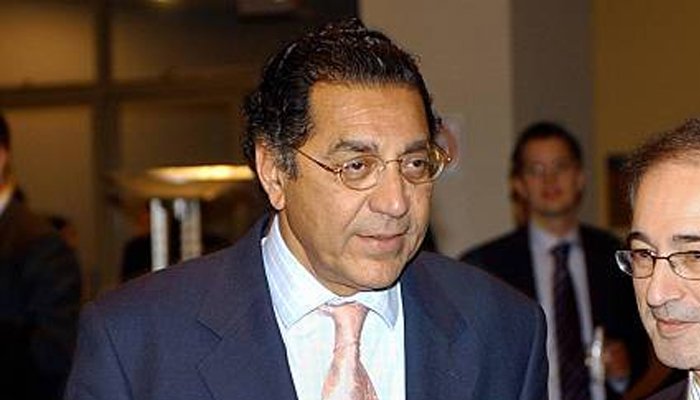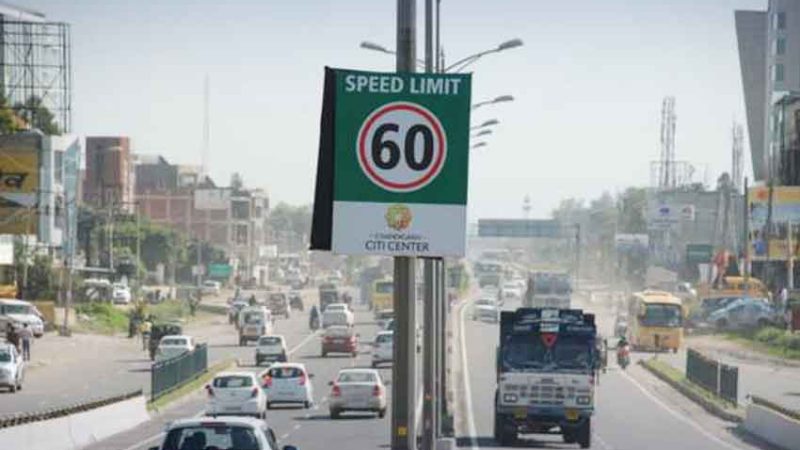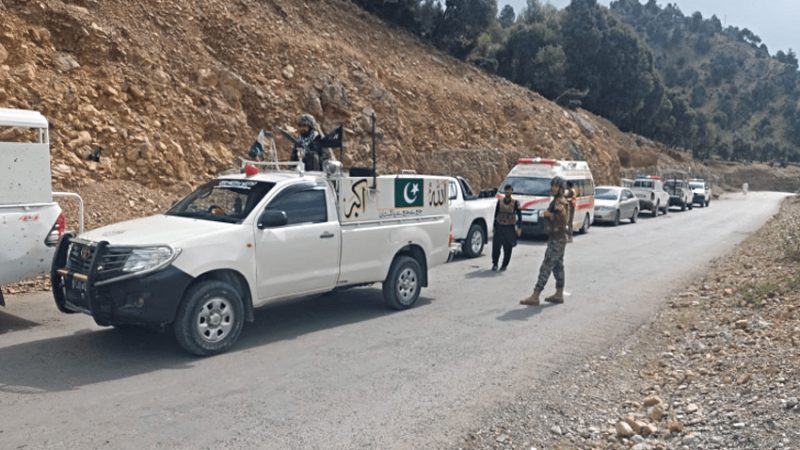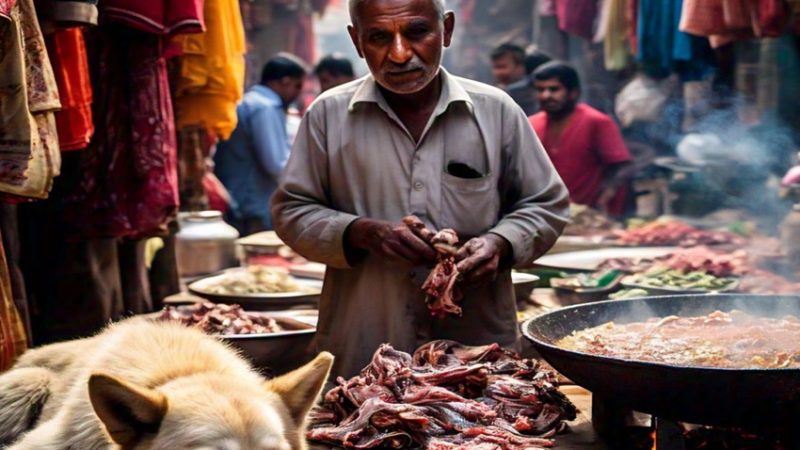Kashmir issue is alive again, says Munir Akram; lauds Kashmiris’ ‘heroism’

Pakistan’s UN Ambassador, Munir Akram, has praised the “heroism” of the Kashmiri people whose third generation was keeping alive the spirit of resistance to the Indian occupation, as he underscored the need for unity among their ranks at this critical juncture.
In a keynote speech to a webinar, held on Friday in connection with the Kashmiris’ Right to Self-determination Day, Ambassador Akram assured the Kashmiri people of Pakistan’s steadfast support to their just cause.
Pakistan, he said, had re-internationalized the Kashmir issue, after it remained dormant for 15 to 20 years at the United Nations and other international forums.
“Today it (the Kashmir issue) is alive again,” the Pakistani envoy declared.

The UN Security Council, he said, has considered the Kashmir dispute three times; the UN Human Rights Council many times; the UN Special Rapporteurs spoke out on several occasions, with 18 of them having jointly highlighting the Indian atrocities and crimes in Jammu and Kashmir and calling for investigations at the UN High Commissioner for Human Rights — apart from the two reports — has dealt with the issue five times in the Geneva-based Council.
Titled “The rights of the Kashmiris to self–determination in the light of the UNCIP Resolution of January 5, 1949: An appraisal”, the webinar was organized by the Pakistan Mission to the UN. Deputy Permanent Representative, Muhammad Aamir Khan, moderated the session.
Other speakers included Dr. Imtiaz Khan, distinguished professor of George Washington University; Lars Rise, a Norwegian political figure; Timothy Todd Shea, an international humanitarian; Dr. Halil Toker, Chairman of the Department of Languages at the Istanbul University and author of a book on the Kashmir dispute; Ms. Victoria Schofield, a celebrated British author; Salman Khan, founder and chairman of South African Kashmiri Action Group and Muzamil Ayyub Thakur, a Kashmiri activist based in the UK.
Continuing, Ambassador Akram pointed out that Kashmir was not just a territorial dispute as it involves the people of the disputed state. “It is a dispute about the soul of the people of Kashmir,” he said, emphasizing that the people of Kashmir and the people of Pakistan are one and the same.
“Every Pakistani has a deep sense of commitment to the cause of Kashmir”, Ambassador Akram said, adding that Pakistan was the backbone of the Kashmiri struggle.
Opening the discussion, Aamir Khan, Pakistan’s deputy permanent representative, said that January 5, 1949, reminds the international community, in particular the United Nations Security Council, of the imperative of honouring its commitment to the people of Jammu & Kashmir, and a solemn pledge made by the Indian leadership to the Kashmiris, Pakistan and the world to allow the Kashmiris to exercise their inalienable right to self-determination.
In his remarks, Dr. Halil Toker noted that Turkish President Tayyip Erdogan and ex-Prime Minister of Malaysia, Mahatir Muhammad, had voiced their concerns and support for the oppressed Kashmiris. Both leaders, in their General Assembly speeches, called for the UN intervention for paving the way for a plebiscite in Kashmir.
Lars Rise said that the principle of self-determination has been applied in recent years to the conflicts like East Timor, Bosnia, Kosovo, Southern Sudan, and its applicability in the case of Jammu and Kashmir has been explicitly recognized by the United Nations.
Ms. Victoria Schofield said that while UNCIP resolution affirming the right to self-determination was one thing but to ensure its implementation was another. What was important was to continue highlighting the situation in Kashmir, particularly in relation to the human rights abuses.
Muzamil Ayyub Thakur focused on the sufferings of Kashmiri people. “No one in Kashmir has known anything less than occupation, subjugation, oppression, the thousands dead, destruction of property and businesses worth billions of dollars, rapes, innumerable enforced disappearances, thousands of mass and unmarked graves, human shields, torture, bullets, pellets, orphans, widows, half widows, cyber cells, media blackouts, illegal draconian laws, false flag operations, war crimes, crimes against humanity, ethnic cleansing, genocide, demographic change, settler colonialism, fake and staged encounters,” he said.
“The list is endless about what the people have seen and gone through”.
Ambassador Munir Akram thanked the participants for their valuable inputs and suggestions in taking the movement for Kashmiris’ right to self-determination forward.







